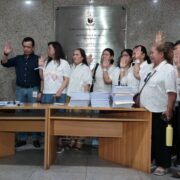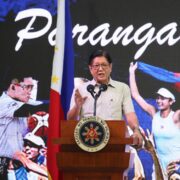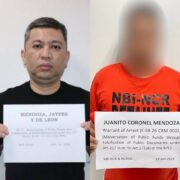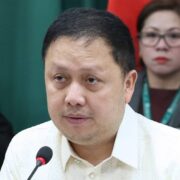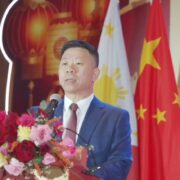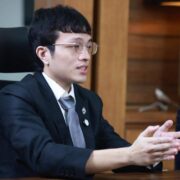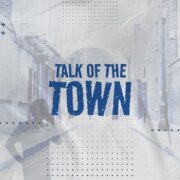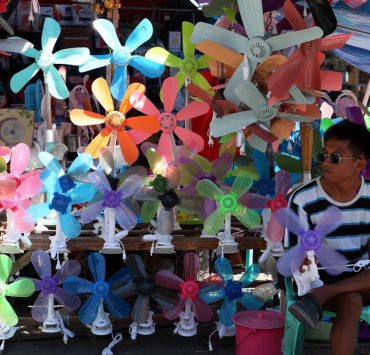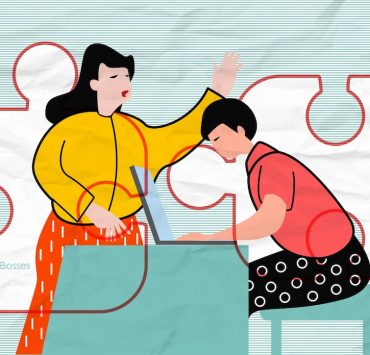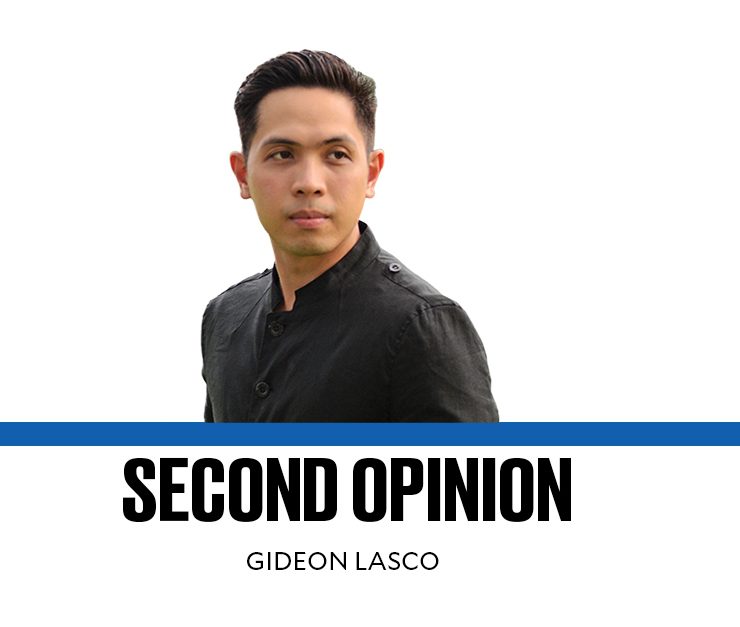The resonance of Raffy Tulfo
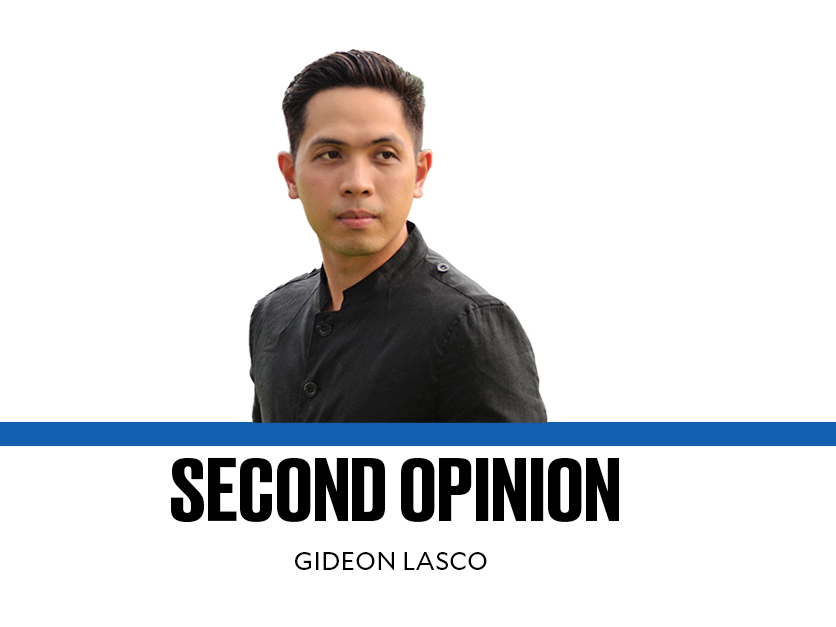
Whenever I travel around the country, whether I’m hiking, doing anthropological fieldwork, or undertaking an academic trip, I take the opportunity to ask people what they think about the burning issues of the day; and many of their inputs ultimately find my way into my thinking and writing.
Without my leading them into the question of which politicians they admire the most, one of the politicians that figure prominently in their narratives is Sen. Raffy Tulfo.
“He was the first to point out the corruption in LTO (Land Transportation Office),” Nani, a driver in Laguna tells me. “And he even went to their office itself, he’s spoken out about the difficulties of getting a license and all those unnecessary fees.” Such issues may be deemed by others—including his colleagues—as secondary to “more pressing matters” like foreign policy—but not for those who drive for a living. Like the indefatigable Risa Hontiveros, he has taken up cudgels for a range of issues that matter to specific constituencies—whether it’s an overseas Filipino workers scam in Italy or a fertilizer scam in the Department of Agriculture; whether it’s motorcycles being held at checkpoints, or people deprived of liberty being abused inside prisons. Last I checked, he was calling attention to the “spaghetti wires” in electric posts that are ubiquitous in our towns and cities, warning of its risks and hazards.
And of course, many still remember his confrontation with Cynthia Villar over land conversion back in November 2022, which professor Randy David commended at the time: “Whether he meant to or not, Tulfo had touched a raw nerve in our premodern political order. This is the shameless interlocking of family-owned businesses and political dynasties, about which as little as possible is publicly said in the polite corridors of the legislature. Bravo to him!” (“Raffy Tulfo’s Senate debut,” 11/20/22)
Rightly or wrongly, what all of these episodes are depicting is someone who cares for issues that people care about—and someone who has the courage to go against his colleagues if needed. Seemingly corroborating the plaudits I hear from my interlocutors, the latest surveys show him as having one of the highest, if not the highest, trust ratings of incumbent senators, and he is even matching or beating Vice President Sara Duterte in hypothetical 2028 matchups.
Of course, Tulfo being a Tulfo is enough to invalidate him in the eyes of many—especially those in the opposition—and there are those who are critical of the “Tulfo brand of justice,” given that many Filipinos equate it to justice—(“ipa-Tulfo”) and it short-circuits our justice system instead of reforming it and addressing its structural flaws. As the writer Gian Lao once pointed out, “It’s easy to argue why such a formula is unhealthy for any society. It’s trial by publicity. Instant justice—fallible, extralegal, and prone to abuse. It makes a spectacle out of suffering. It infects the general population with the idea that justice is faster and more just outside the justice system.” Lao goes on to add: “If you are raised without knowing what real justice feels like, you might mistake a great many things for justice. Yes, even instant, mob, radio-show justice. And yes, maybe even violence.”
Then there are also concerns about how the Tulfos are fast becoming a political dynasty, with Raffy’s brother Erwin—already a party list representative and deputy majority leader in Congress—poised to join him in the Senate next year; their sister Wanda was former president Rodrigo Duterte’s tourism secretary until she resigned in the wake of a scandal involving Erwin and another brother, Ben, regarding their show. This, too, is a valid concern, given, as I wrote in the space some years back, “[t]here are many other examples of women and men in our government, brilliant or otherwise, who espouse good and sensible principles—but they stop short of applying the same principles when it comes to their families.” (“In search of ‘walang kamag-anak’,” 10/18/18)
Still, Senator Tulfo’s decades of listening to people’s everyday grievances seems to be informing at least part of his political approach. Moreover, his mammoth social media presence—e.g., 27.7 million YouTube followers—has allowed him to maintain relative political autonomy, even as his popularity is already making him a target of politicking that will be more intense if he contemplates higher office. If he is somehow able to show his independence even from his family and their past allegiances and entanglements; if he can set himself apart from the law-and-order saviorism that catapulted him to the Senate by pushing for actual institutional and legislative reforms; and if he demonstrates a willingness to listen, learn, and expand his constituencies, can he grow even more formidable?
Regardless of one’s feelings about the neophyte senator and his reputation as a media personality, his brand of politics—which we can characterize as a “politics of small things”—is resonating with people and it is something that the opposition should learn from.
Gideon Lasco, physician, medical anthropologist, and columnist, writes about health, medicine, culture, society, and in the Philippines.




